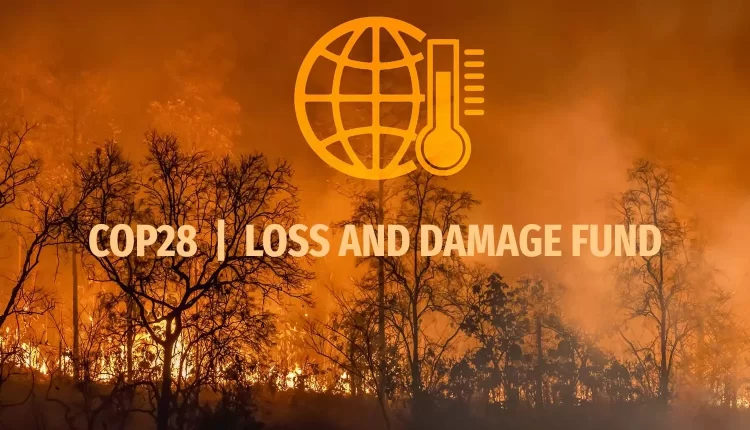Will COP28 save Africa from climate catastrophe?
The COP28 witnessed a strong presence of African countries in order to discuss and find effective solutions to confront the repercussions of climate change and reduce carbon emissions.
Despite the fact that African nations only contribute a mere 3.5 percent to the world’s carbon emissions, they are, unfortunately, on the receiving end of the adverse effects of climate change.
This situation underscores the importance of the COP28 discussions, where the spotlight is on the urgent need for financial support to help these countries adapt to the escalating climate changes.
Furthermore, there is a pressing need to bolster policy and regulatory frameworks in order to draw in the long-term investments that are indispensable to accelerate the deployment of clean and renewable energy projects.
COP28 discussions will also emphasise the need to double adaptation financing and activate funding for loss and damage to protect those most vulnerable to climate change. They will also focus on expanding the role of international financial institutions to support mitigation efforts with necessary funding, along with providing adaptation financing to aid Global South countries.
Also, increasing access to clean energy could significantly boost social and economic development in Africa, a continent that currently receives only about 2% of global renewable energy investments, which is less than a quarter of the annual $60 billion needed by 2030.
At the conclusion of the inaugural African Climate Summit in Nairobi, Kenya, African leaders suggested a global carbon tax system, as the declaration urged major polluting nations to dedicate more resources to assist poorer countries.
The declaration also emphasised the need to boost Africa’s renewable energy production capacity from 56 gigawatts in 2022 to at least 300 gigawatts by 2030. This increase is crucial to address energy deficits and augment global supplies of clean and cost-effective energy.
As part of the UAE’s commitment to foster sustainable economic and social growth and environmental protection globally, particularly in African nations, a financing initiative worth $16.5 billion was announced last September at the African Climate Summit in Nairobi.
This Emirati initiative, equivalent to about 4.5 billion dirhams, aims to stimulate and empower African countries to enhance their clean energy capabilities.
This initiative is supported by Emirati governmental, private, and developmental capital, including entities like the Abu Dhabi Fund for Development, Etihad Export Credit Company, Abu Dhabi Future Energy Company “Masdar,” and EMEA Power Company.
It’s part of the “Union 7” development programme, launched by the UAE during Abu Dhabi Sustainability Week in 2022 with the support of the Ministry of Foreign Affairs. The programme aims to supply clean electricity to 100 million people across Africa by 2035.
The initiative begins with the Abu Dhabi Fund for Development and Etihad Export Credit funding the initial investment to stimulate the private sector.
The Abu Dhabi Fund for Development is offering $1 billion in financial aid for basic infrastructure needs, innovative financing solutions, and to encourage private investments. The Etihad Export Credit Company is also providing $500 million in credit insurance to reduce risks and attract private capital.
Moreover, the Abu Dhabi Future Energy Company, “Masdar,” a firm specialising in clean energy and promoting renewable energy solutions in 22 African countries, has pledged to allocate an additional $2 billion in investment capital as part of the new initiative. Furthermore, Masdar aims to raise and stimulate an extra $8 billion to finance various projects.


